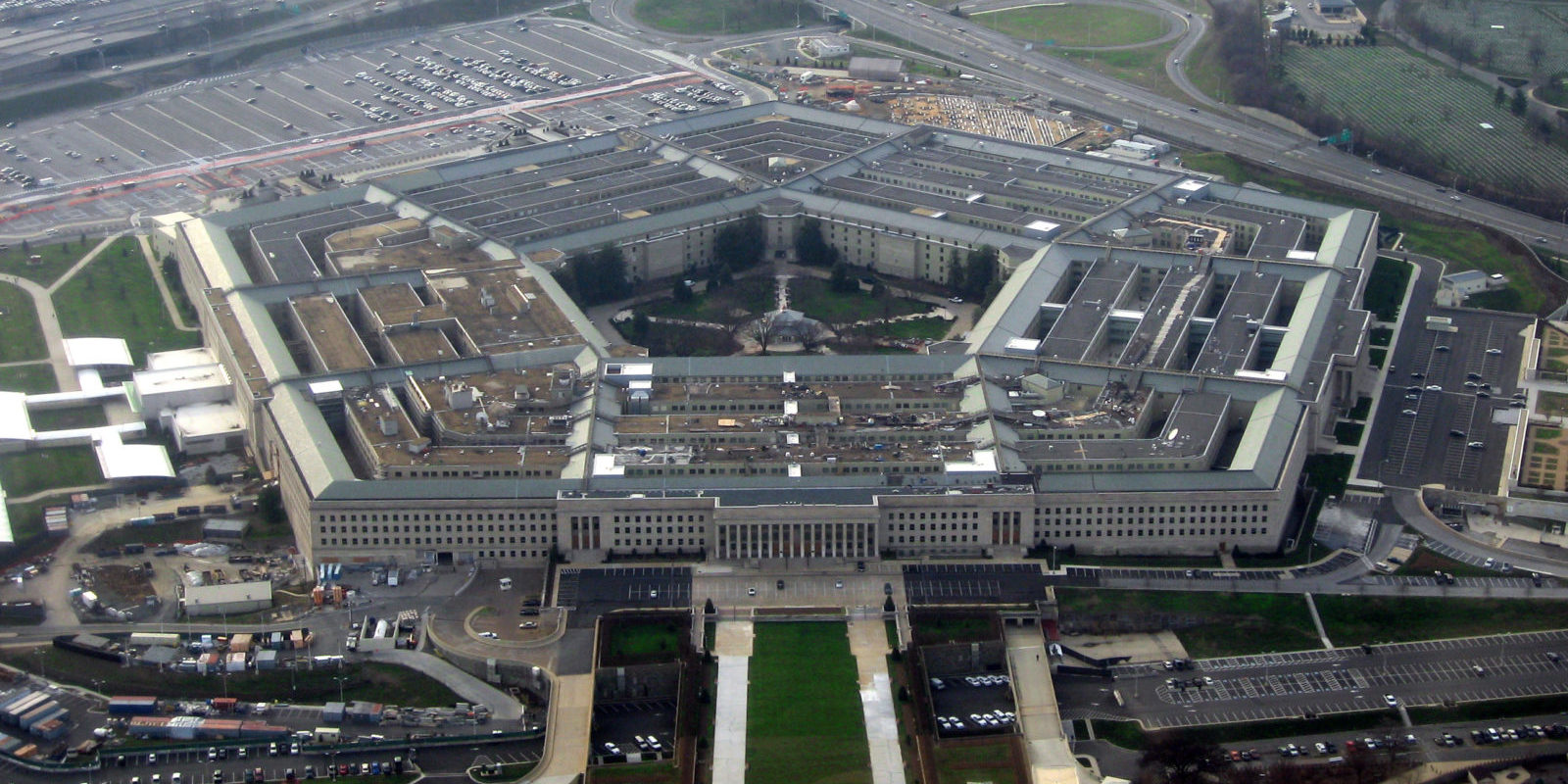DCAA Compliance: Everything You Need to Know
Table of Contents
Congratulations! You've won a lucrative contract from the Department of Defense. Hurrah! But there's a monster lurking behind that door. Its name: compliance.
Yep, while a government contract can be a welcome source of income for your company, it also comes with a number of strings. The biggest of these is DCAA Compliance. After all, when you're working with taxpayer money, the government wants to make sure you're not wasting any of it.
For most companies, this means meticulous time-tracking, record-keeping and checklist-monitoring. (It also means memorizing a department-sized pile of acronyms.) Which, if you fail to maintain, can prompt the government to bar you from future contracts, or in more extreme cases even stop payment entirely.
So what's a well-meaning company to do? Luckily, we've compiled this handy guide.
What Is DCAA Compliance?
Basically, whenever you secure a contract with the Department of Defense, the DCAA (Defense Contract Audit Agency) is charged with making sure you follow a strict set of accounting and time-keeping rules. "DCAA Compliance" means following those rules in a way that makes it easy for the DCAA to see what you're up to.
The short answer: if you're working with the government, you better be ready to cross your i's and dot your t's. (And if you didn't notice that we switched "i" and "t" in the previous sentence, a government contract might not be for you!)
Before you're even awarded a government contract, in fact, the DCAA will likely conduct what's called a "Pre-Award Survey," which assures them that you're equipped to handle the contract.
Over the course of your work, the DCAA can (and likely will) audit you in all sorts of ways, including what's called a "Floor Check," in which DCAA representatives show up in person to examine your timesheets.
Most of the guidelines for DCAA compliance are found in a (rather large) document, the DCAA's Information for Contractors, also known as the DCAA Manual.
DCAA Timekeeping Requirements
Let's be frank: while the government wants you to keep track of physical resources, it's most concerned with employee time. In fact, the DCAA manual states explicitly that "Timekeeping procedures and controls on labor charges are areas of utmost concern."
In case that wasn't clear enough, they also say: "This is the single most important feature management can emphasize."
So, yeah, you'll want to be on top of your time tracker. Way on top.
What does this mean in practice? How do you ensure DCAA compliant time keeping?
- Every single person in your company needs to assiduously track his or her own time. Daily. Hourly. Minute-ly! (Is that a word?) This should be done individually, and needs to be completed every day.
- Time sheets should specify what project or job people worked on during each hour they were working. You will want to make it easy for employees to do this.
- You should "constantly, although unobtrusively," let employees know that time-tracking violations are a no-no. The DCAA recommends meetings, orientations, and signs. We recommend kittens.
- Employees should record all hours they work. Even overtime. Even if unpaid! The government cares only about hours worked, not how much you're paying your employees.
In many ways, time tracking is at the heart of DCAA compliance. This is why a high-quality time-tracking solution is absolutely crucial to doing DCAA compliance right.
What Is the DCAA Audit Checklist?
As you might have realized, DCAA compliance is about taking care of all the little details. The more you can automate this process (with software, for example), the easier things will be.
Luckily, the DCAA does provide some helpful checklists, which can remind you what all these details are. These can be a little, um, dry, but they're 100% necessary. The most useful (other than the DCAA Manual) is the Contract Audit Manual, commonly referred to as the CAM. (We did say there were acronyms, right?)
If you want to earn your government contract, you'll need to understand these rules.
Other DCAA Regulations
In addition to tracking time, DCAA compliance requires you to keep track of a number of things, which practically amounts to everything involved in running a business. For example:
- There are different types of costs to record. There are costs your business incurs directly for the government contract, costs that apply to both the government contract and other work, and costs that apply just to business operations, regardless of whom you're doing work for. These all have to be kept separate.
- If timesheets are changed, you have to record all changes to timesheets, so that it's clear to the government why things have been changed.
- Costs, billing, and timesheets have to be published monthly, if not more frequently.
- All of your business systems have to be in good working order (and the DCAA will check!). This includes accounting, billing, estimating, purchasing, supply management, and more.
A Company-Wide Solution
The main thing to remember about DCAA compliance is that it requires company-wide cooperation. Getting the right timesheet software will help, but your whole company needs to be vigilant about record keeping. This means managers and bosses need everyone to be on board.
The advantage? (Other than a government contract?) A more transparent company all around. So get to it - there's record-keeping to be done!







